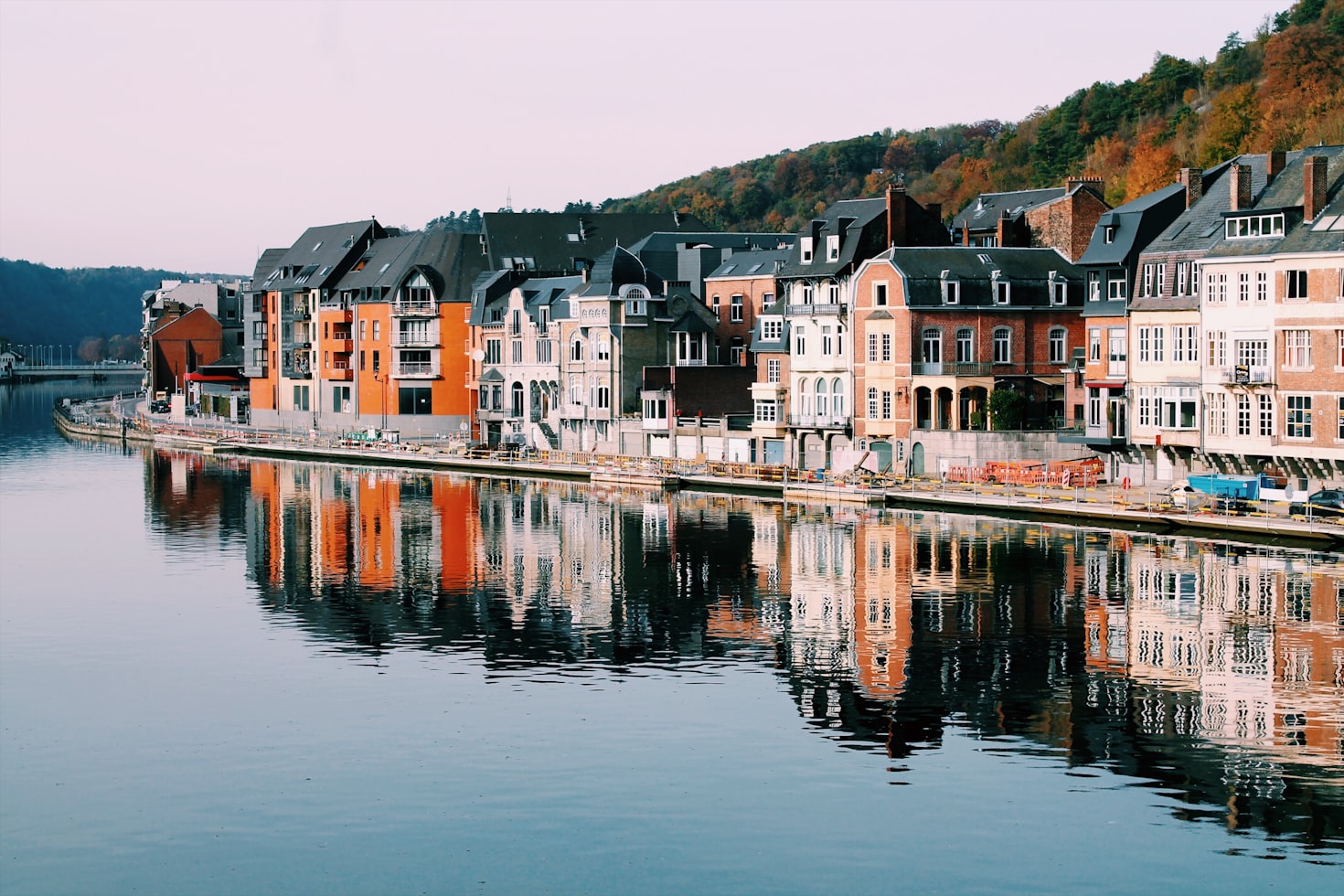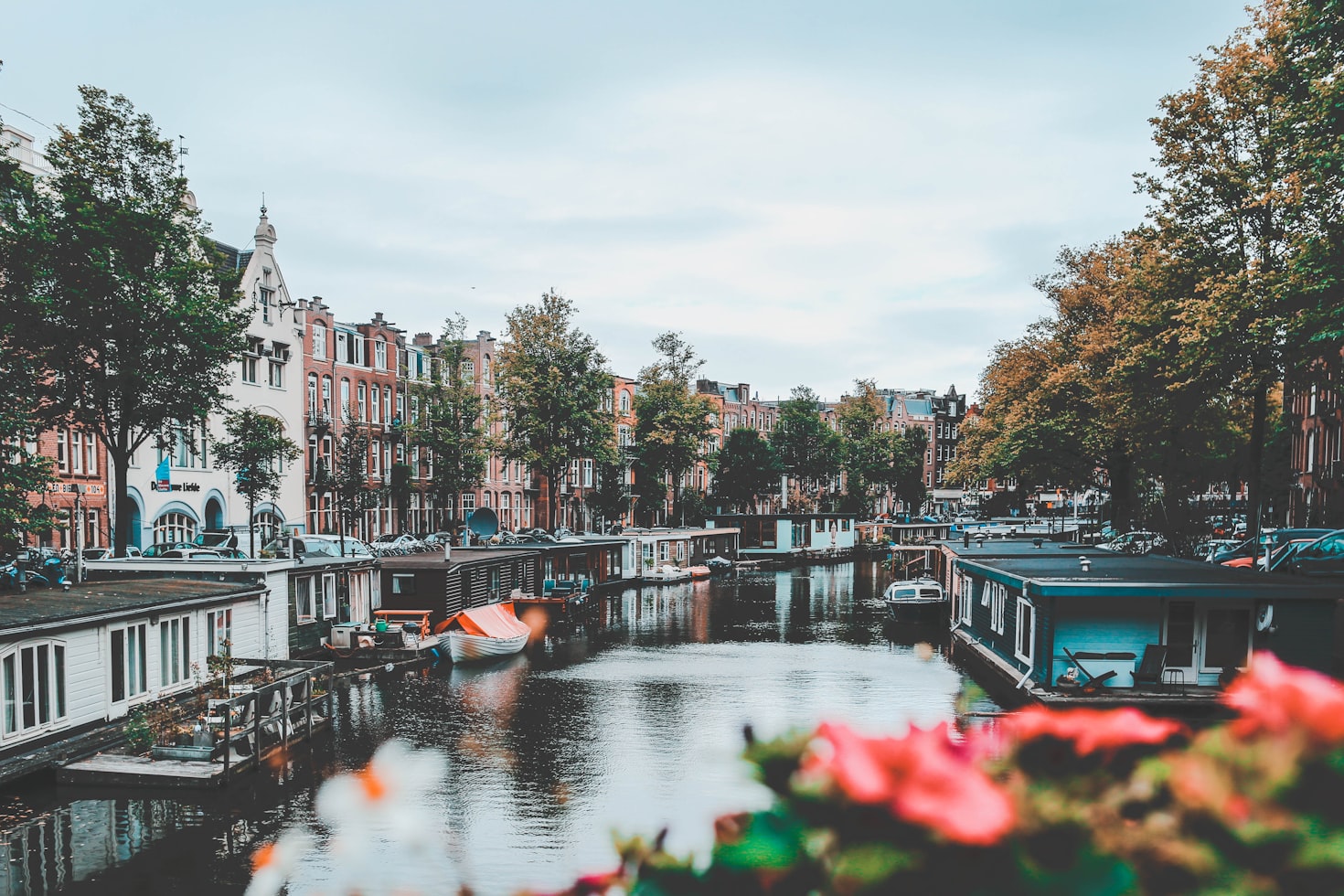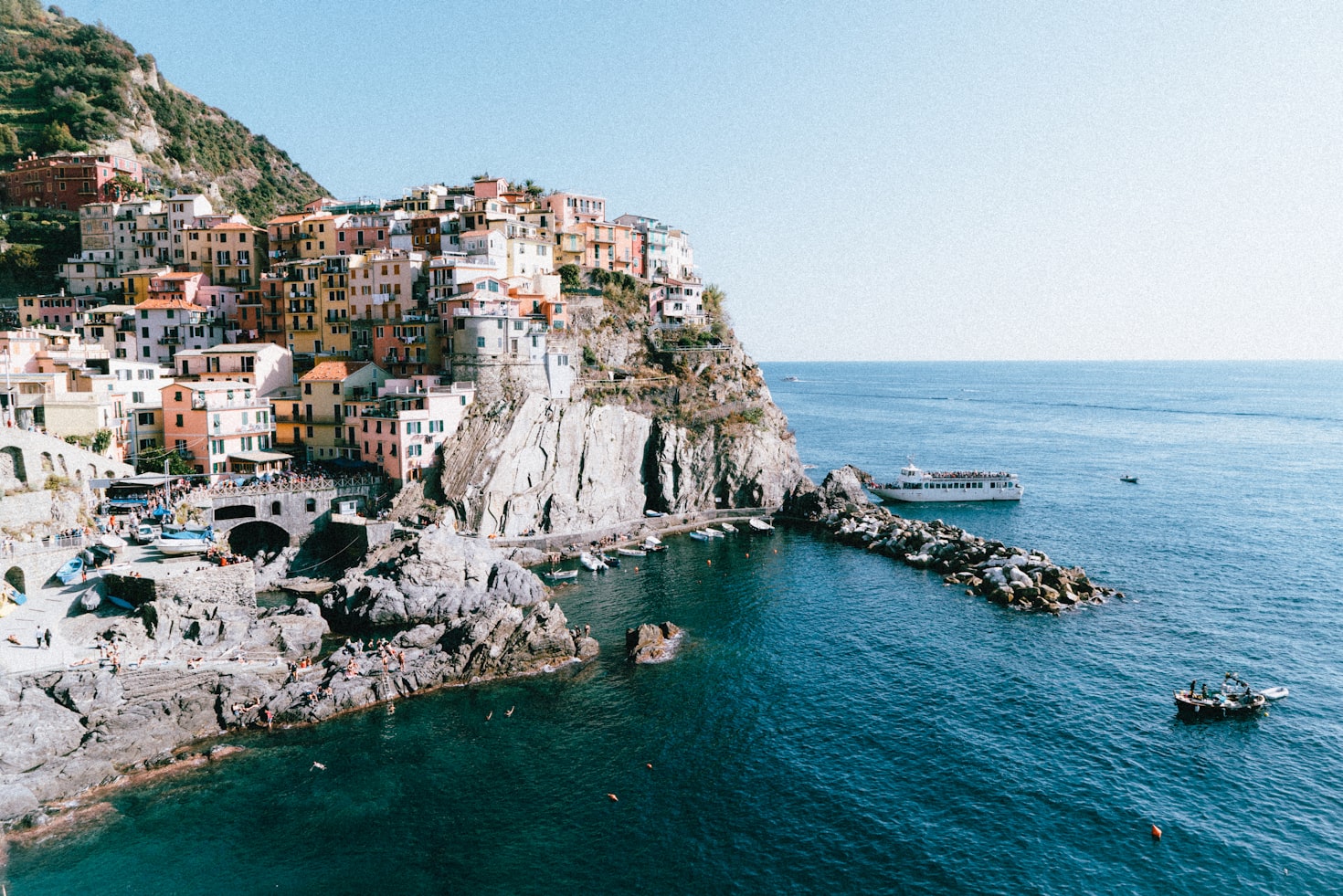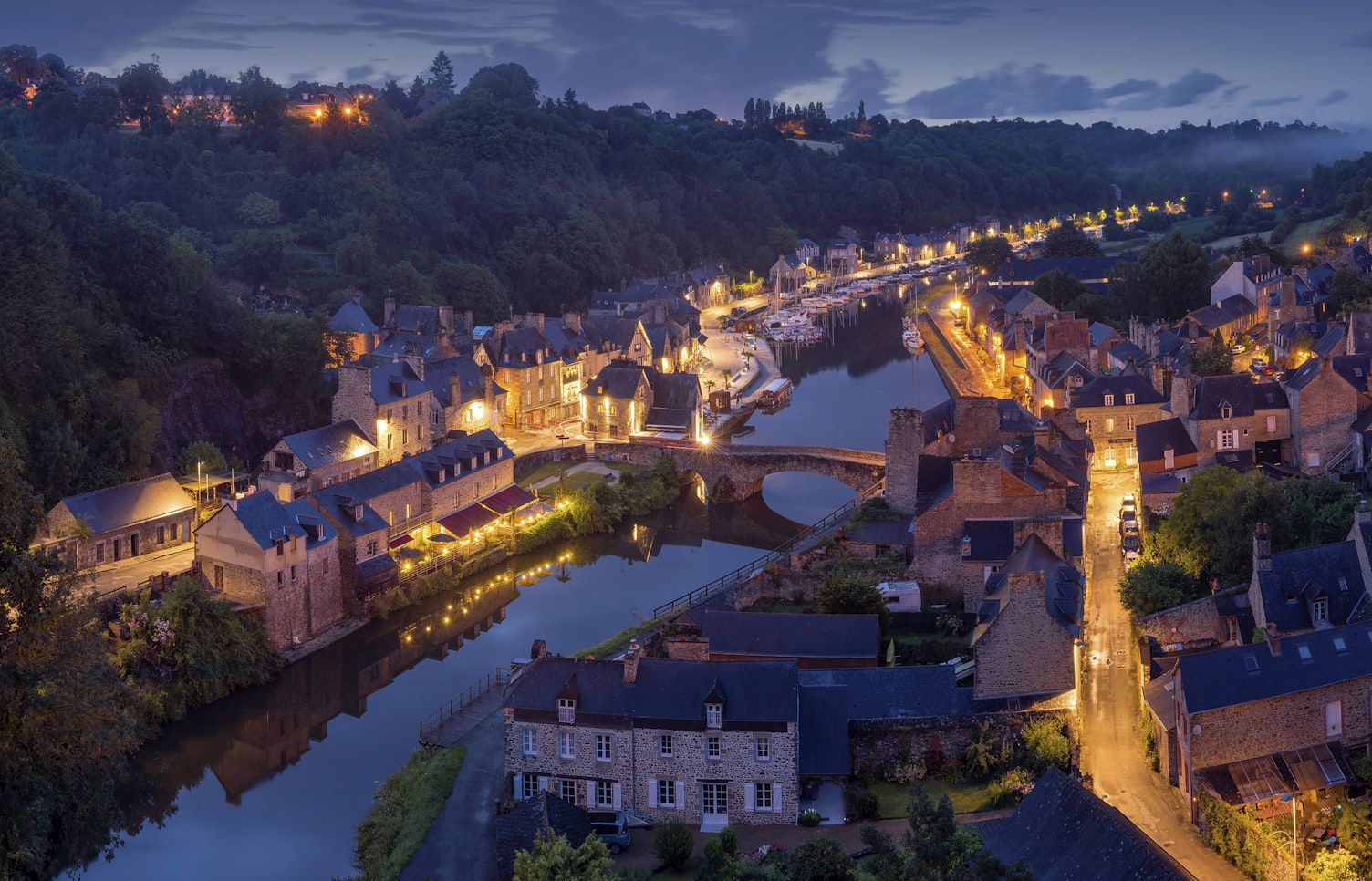20 Fascinating Facts About Europe: From its Rich History to its Diverse Culture and Economies

From its role as the birthplace of Western civilization to its modern role as a major economic power, Europe is a continent with a rich and varied past. Here are 20 fascinating facts about Europe that highlight the diversity and complexity of this fascinating continent.
Fact #1: Europe is the World’s Smallest Continent: Covering Just 2% of the Earth’s Surface”
Europe is the world’s smallest continent by land area, covering just 2% of the Earth’s surface. Despite its small size, Europe is home to a diverse range of countries, cultures, and languages.
Fact #2: “Europe is the Birthplace of Western Civilization: With a Rich History Dating Back Thousands of Years”
Europe is the birthplace of Western civilization, with a rich history dating back thousands of years. The continent has been home to many great empires and civilizations, including the Roman Empire, the Byzantine Empire, and the Ottoman Empire.
Fact #3: “The European Union is a Political and Economic Union of 27 European Countries”
The European Union (EU) is a political and economic union of 27 European countries. The EU was founded in the aftermath of World War II with the aim of promoting cooperation and unity among European countries. The EU has its own parliament, currency (the euro), and laws.
Fact #4: “The European Union is a Political and Economic Union of 27 European Countries”
The European Union (EU) is a political and economic union of 27 European countries that aims to promote cooperation and unity among its member states. The EU has its own parliament, currency (the euro), and laws, and its member states work together on issues such as trade, security, and the environment.
The EU has had a significant impact on Europe, helping to promote peace and stability on the continent and facilitating economic and cultural exchange. The EU has also played a key role in the development of the European single market, which allows goods, services, people, and capital to move freely within the EU.
Fact #5: “Europe is Home to Many World-Renowned Universities and Research Institutions”
Europe is home to many world-renowned universities and research institutions, including the University of Oxford, the University of Cambridge, and the École Polytechnique. These institutions are known for their high-quality education and research and attract students and scholars from all over the world.
Fact #6: “Europe Has a Diverse Range of Landscapes: From Mountain Ranges to Beaches and Plains”
Europe is a continent with a diverse range of landscapes, including mountain ranges, such as the Alps and the Pyrenees, beaches, such as the French Riviera and the Costa del Sol, and plains, such as the Great Hungarian Plain. These landscapes offer a wide range of recreational and tourism opportunities.
Fact #7: “Europe is Home to Many World-Famous Tourist Destinations: Including Paris, Rome, and Barcelona”
Europe is home to many world-famous tourist destinations, including Paris, Rome, and Barcelona. These cities are known for their cultural landmarks, such as the Eiffel Tower and the Colosseum, and attract millions of visitors every year.
Fact #8: “Europe is Home to Many Iconic Cultural Landmarks: Including the Parthenon and Stonehenge”
Europe is home to many iconic cultural landmarks, including the Parthenon in Athens, the Colosseum in Rome, and Stonehenge in England. These landmarks are significant for their cultural, historical, and architectural value and attract millions of visitors every year.
Fact #9: “The European Climate is Varied: Ranging from Subarctic in the North to Mediterranean in the South”
The climate of Europe is varied, with temperatures ranging from subarctic in the north to Mediterranean in the south. Europe is home to a variety of climates, including oceanic, continental, and Mediterranean, which are influenced by factors such as latitude, altitude, and proximity to the sea.
Fact #10: “Europe is Home to Many Important Mountain Ranges: Including the Alps and the Pyrenees”
Europe is home to many important mountain ranges, including the Alps, which stretch across eight countries in central Europe, and the Pyrenees, which form a natural border between Spain and France. These mountain ranges are significant for their natural beauty, recreational opportunities, and cultural significance.
Fact #11: “Europe is Home to a Wide Range of Plant and Animal Life: Including Many Threatened and Endangered Species”
Europe is home to a wide range of plant and animal life, including many threatened and endangered species. The continent is home to a variety of ecosystems, including forests, grasslands, and wetlands, which provide habitat for different types of plant and animal life.
Fact #12: “Many Important Rivers Flow Through Europe: Including the Danube, the Rhine, and the Volga”
Europe is home to many important rivers, including the Danube, which flows through central and eastern Europe and is the second longest river in Europe after the Volga. The Rhine is another important river in Europe, flowing through Germany, Switzerland, and the Netherlands and serving as an important waterway for trade and transportation. The Volga is the longest river in Europe and flows through central Russia. These rivers are important for their natural beauty, recreational opportunities, and economic value.
Fact #13: “Europe is Home to Many Major Cities: Including London, Paris, and Berlin”
Europe is home to many major cities, including London, the capital of the United Kingdom, and one of the most populous cities in Europe. Paris is another major city in Europe, known for its cultural landmarks and vibrant arts scene. Berlin is the capital and largest city of Germany and is known for its rich history and cultural diversity.
Fact #14: “Europe is a Major Economic Power: With a Strong Industrial and Service Sector”
Europe is a major economic power, with a strong industrial and service sector. The continent is home to many multinational companies and is a leader in industries such as automotive, pharmaceuticals, and technology. Europe is also a major exporter of agricultural products, including cereals, dairy products, and meat.
Fact #15: “The European Union is the World’s Largest Trading Block: With a Population of Over 500 Million”
The European Union (EU) is the world’s largest trading block, with a population of over 500 million. The EU is a major player in the global economy, with a combined GDP of over $18 trillion. The EU is a major trading partner for many countries around the world and is known for its high levels of economic integration.
Fact #16: “Europe is Home to Many Important Cultural and Natural World Heritage Sites: Including the Acropolis and the Okavango Delta”
Europe is home to many important cultural and natural World Heritage Sites, as designated by UNESCO. These sites are recognized for their cultural, historical, or natural significance and are protected for the benefit of future generations. Some examples of World Heritage Sites in Europe include the Acropolis in Athens, the Okavango Delta in Botswana, and the Old Town of Prague.
Fact #17: “Europe Has a Rich and Diverse Cuisine: With Influences from Many Different Cultures”
Europe has a rich and diverse cuisine, with influences from many different cultures. The continent is home to a variety of culinary traditions, including French, Italian, and Spanish cuisine, which are known for their use of fresh ingredients and sophisticated cooking techniques. European cuisine is also influenced by the cuisines of other regions, such as Africa, Asia, and the Middle East.
Fact #18: “Europe is Home to Many Major Sporting Events: Including the UEFA European Championship and the Tour de France”
Europe is home to many major sporting events, including the UEFA European Championship, a football (soccer) tournament held every four years, and the Tour de France, an annual cycling race. These events are popular with sports fans and attract many spectators and participants from around the world.
Fact #19: “Europe is Home to Many Beautiful and Unique Landscapes, Including Northern Lights and the Italian Lakes”
Europe is home to many beautiful and unique landscapes, including the Northern Lights, a natural light display that can be seen in the Arctic regions of Europe, and the Italian Lakes, a group of beautiful glacial lakes located in northern Italy. These landscapes are known for their natural beauty and are popular with tourists and nature enthusiasts.
In addition to the Northern Lights and the Italian Lakes, Europe is home to many other beautiful and unique landscapes, including the Scottish Highlands, the Swiss Alps, and the Croatian coast. These landscapes offer a wide range of recreational and tourism opportunities and are an important part of Europe’s natural heritage.
Fact #20: “Europe is Home to Over 50 Countries: Each with its Own Unique Culture and History”
Europe is home to over 50 countries, each with its own unique culture, history, and language. The continent is home to a variety of cultures, including Western, Eastern, and Southern European cultures.
Europe is a continent with a rich and varied history, culture, and landscape. From its iconic cultural landmarks and beautiful landscapes to its diverse and dynamic economies, Europe has much to offer.
These 20 facts provide just a glimpse into the many aspects of Europe that make it a unique and fascinating place. Whether you’re interested in its history, culture, or natural beauty, there is something for everyone in Europe.









